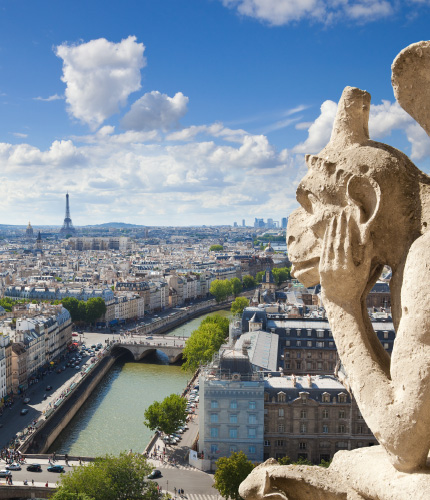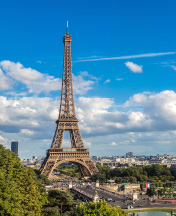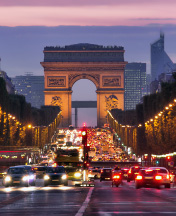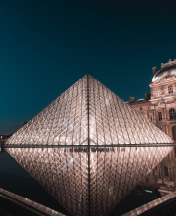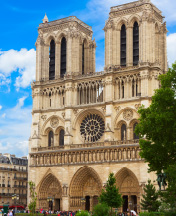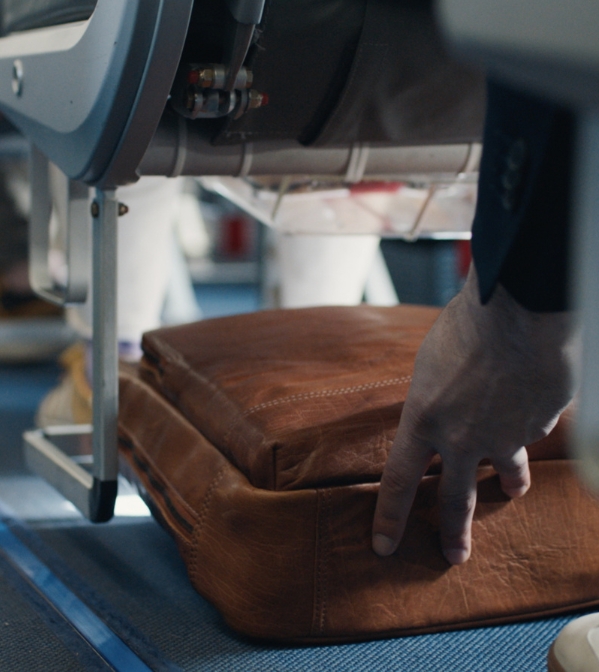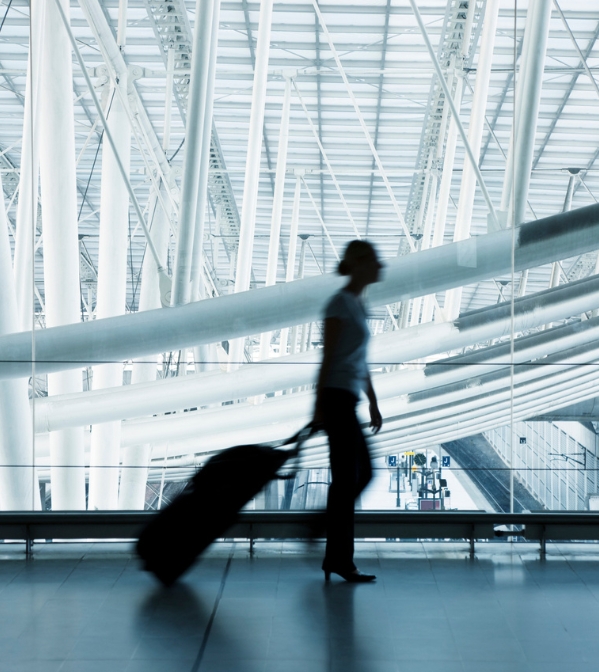The history of Paris dates back to about 259 BC, to the Parisii, a Celtic tribe settled on the banks of the Seine. In 52 BC, the fishermen's village was conquered by the Romans, establishing a Franco-Roman town called Lutetia. The city changed its name to Paris in the fourth century. In the 11th century, Paris prospered thanks to the silver trade and because it was a strategic route for pilgrims and merchants. During the 14th century, Paris was hit by three riots and the bubonic plague, which killed thousands of Parisians. Paris could not withstand resistance from the British, who conquered the city in 1431, and as a result Henry VI of England was crowned King of France. On 24 of August 1572, the royal council decided to assassinate the Protestant leaders, which led to a massacre of Protestants in Paris, known as the St. Bartholomew's Day massacre. During the period 1648-1662, when successive civil wars were taking place in France, the philosophical movement of the Enlightenment also flourished. On 14 July 1789, the Parisians invaded the Bastille, a symbol of royal power, and on 3 September 1791, the first written constitution was drafted and approved by King Louis XVI. On 10 August 1792, the Parisians attacked the Tuileries Palace and the National Assembly suspended the King's constitutional rights. The new parliament abolished the monarchy and proclaimed the Republic. Therefore, on 17 August 1795, a new Constitution was adopted, but it was not accepted by monarchist groups, resulting in a coup d 'état on 9 November 1799 under Napoleon Bonaparte. The Napoleonic Wars – and with them the Napoleonic Empire – ended on 20 November 1815, after Napoleon's defeat at the Battle of Waterloo, and the Second Treaty of Paris in 1815 was signed. From the twentieth century onwards, Paris underwent significant changes with the reconstruction of different neighborhoods, many of which were damaged during World WarI and World War II. During World WarI, the city resisted German attacks. However, in 1940, Paris was occupied by the Nazis, although the Parisians resisted and liberated the capital on 25 August 1944.
